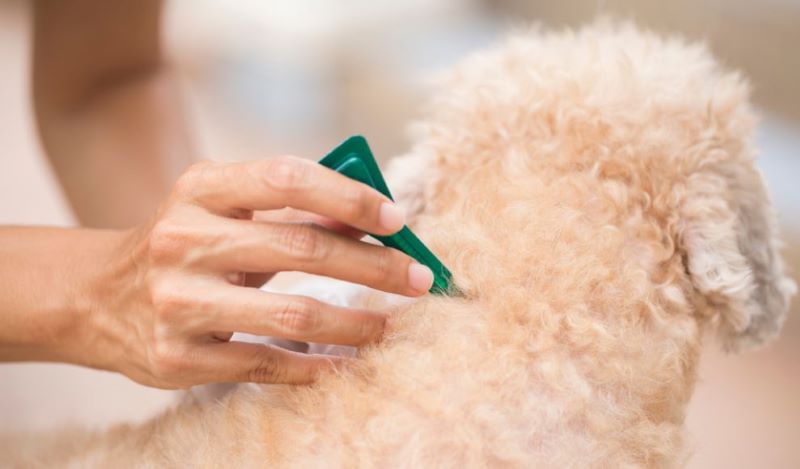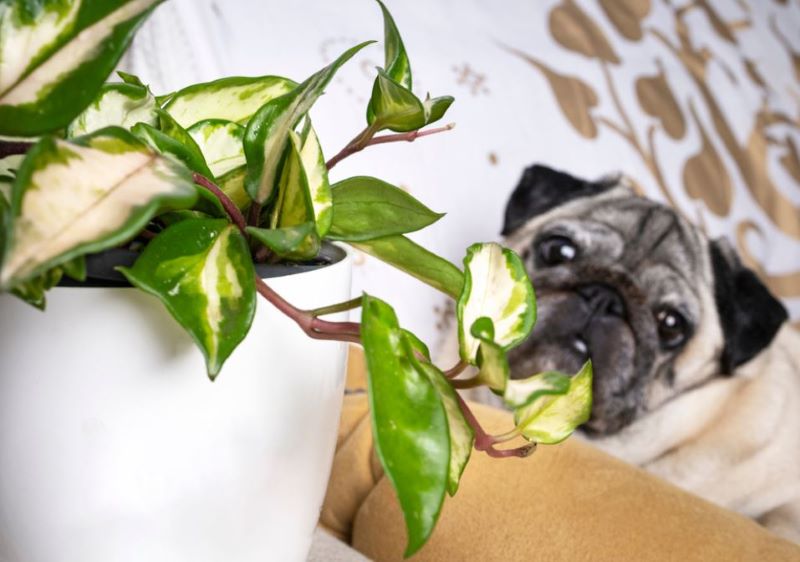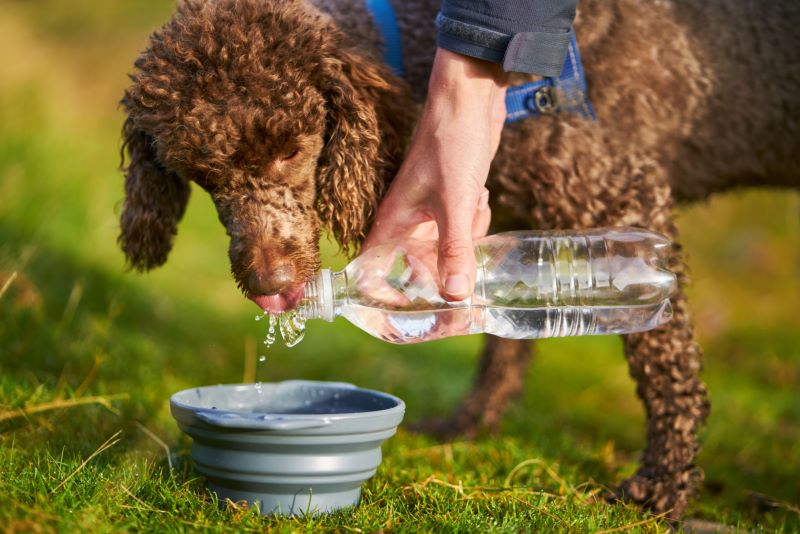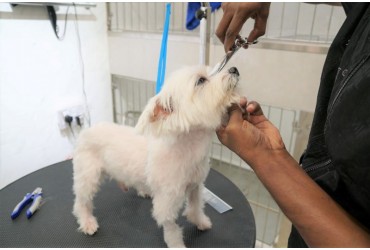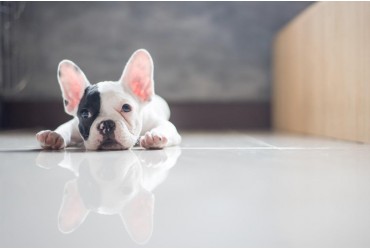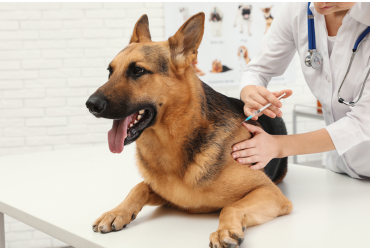How To Protect & Keep Our Pets Safe
It’s October! Which means it’s also National Animal Safety and Protection Month. This month reminds us of the responsibility that comes with domesticated animals and pets. National Animal Safety and Protection Month not only raises awareness, but it provides tips and tools to help us be more prepared in the event of an emergency or illness.
Whether the animals in our lives are part of the family or our livelihood, we never expect an emergency. No matter what we do, accidents happen. Take this month to recognize safety measures you should take to protect your pets.
How Can You Protect and Keep Your Pets Safe?
Flea & Tick Prevention:
If your dog spends a lot of time outdoors, it's important to make sure that they're protected from fleas and ticks (and the various diseases that they carry). Flea and tick prevention products aren’t just important for your dog’s comfort and health—they can also prevent you and your family from getting Lyme disease or another tick-borne illness.
Heartworm Prevention:

Heartworm disease causes lasting damage to the heart, lungs and arteries, and can affect the dog’s health and quality of life long after the parasites are gone. For this reason, heartworm prevention for dogs is by far the best option, and treatment—when needed—should be administered as early in the course of the disease as possible. Annual blood work on an annual basis is also highly encouraged.
Keep Poison Away:
Make sure to remove harmful plants, food, medications, and cleaning supplies in areas that your pets can get into or place them safely where your pets can’t get to them.
General Wellness:

Keep your pets up to date on immunizations and vaccinations. Read more about why vaccinations are important for your pets: Click Here
Emergency Disaster Plan:
Put together an emergency disaster plan that includes your pet in case you need to evacuate your home quickly. Learning basic first aid is also helpful in times of accidents and keeping a first aid kit can prove handy. Emergencies can strike at any time, whether you’re at home, running errands around town, or traveling. When they do occur, you should always be prepared with a dog first-aid kit, in addition to your human supplies.
Spay/Neuter Your Pet:

Neutering and spaying can cut the risk of certain diseases, unwanted behaviors, and conflicts with other dogs.
Unspayed females can develop a painful and life-threatening infection of the uterus called pyometra. Unspayed females are also at a higher risk of mammary tumors than females that have been spayed. Neutering a male dog prevents testicular cancer and reduces the risk of other problems, such as prostate disease. A neutered male dog might also have less desire to roam.
It can also help in behavioural issues such as reducing or eliminating undesirable behaviors, such as leg-lifting, aggression and mounting.
A Safe Space:
Pet gates, doors, pens, and crates can make beautiful décor for the dog room. Although they’re not always essential, they can help keep your pups safe while you’re away.
If you have a puppy at home, we all know puppies must be closely monitored in the house to keep them out of trouble. Dog playpens give your pup room to explore and play safely when you’re busy around the house. Pens are big enough to put food and water bowls in, as well as your puppy’s favorite toys.
Play pens come in various sizes, to match the size of your dog. They also come in various materials, from nylon and plastic to metal. Some have mats on the bottom, some sit directly on the floor or ground. And, if your dog is an escape artist, you may want to try some of the exercise pens that even have a cover.
Make Your Pet Identifiable:
Label your pet’s collar with clear contact information in case they get lost. Microchipping is also highly encouraged for an extra safety measure.
Keep Them Hydrated:
Pets can get dehydrated quickly, so be sure to provide them with plenty of fresh, cool water. We cannot stress the importance of keeping your pet’s water bowl full, especially during the warmer days in sunny Singapore. Your pets should be getting at least one ounce of water for each pound of body weight. Depending on other factors such as the temperature and your pet's activity levels.
You should also never leave your pet unattended in the car, especially on a hot day as this could lead to serious accidents that can prove fatal.
Know Your Animal:
If your animal’s behavior changes, watch for signs of illness. Is he injured or just tired? Is there a change in activity level (e.g., lack of interest in doing things they once did)? Stiffness or difficulty in rising or climbing stairs? Sleeping more than normal?
By noticing these changes, it could help in detecting or spotting any illnesses/injuries before it gets worse.
Lots of Tender Loving Care:
Like Caesar Milan says, love is one of the greatest gifts we can share with our dogs. Dogs are affectionate animals. Touch means a lot to them, both in their natural world and when they live with us. However, affection that hasn’t been earned and is shared at the wrong time can be detrimental to a dog.
For example, don’t give them affection when they are fearful, anxious, possessive, dominant, aggressive, whining, begging, barking, or breaking a household rule. They need to know the boundaries to prevent unwanted behaviours.
National Animal Safety and Prevention Month is a great opportunity to remind people of the importance of animals in our everyday lives. Though it's only one month out of the year, these safety practices should be observed all year round. With better safety practices, we can all lead happier and healthier lives.

